Data Protection Policy
The GDPR reforms the European data protection rules by increasing protection of personal data of individual persons and increases significantly the fines for non-compliance.
The University launched different actions for GDPR compliancy and wants to share with you relevant information in this dedicated section.
You can find our full Data Protection Policy in the following link:https://wwwen.uni.lu/university/data_protection/data_protection_policy_and_faq
Privacy Notice
This Privacy Notice outlines how the University of Luxembourg (the University) manages your personal data in relation to the UNIVERSEH platform. The UNIVERSEH platform (https://edu.universeh.eu) provides access to all the courses offered by UNIVERSEH.
Who are we?
The University of Luxembourg is a public higher education and research establishment, operating under the supervision of the Ministry for higher education.
The University of Luxembourg has its official address at:
MAISON DU SAVOIR
2, avenue de l’Université
L- 4365 ESCH-BELVAL
Phone number: Tel.: (+352) 46 66 44 1
Internet address: https://wwwen.uni.lu/university
The University has appointed a DPO: reachable during working hours. Further information is provided on https://wwwen.uni.lu/university/data_protection and an email address is available: dpo@uni.lu
What is covered by this Privacy Notice?
This Privacy Notice relates to everyone whose personal data is processed by the University in the frame of the UNIVERSEH platform. The UNIVERSEH platform is operated with Moodle Learning Management System (LMS), a software which is free and open source and is hosted by the University of Luxembourg (the University).
UNIVERSEH is an alliance of European Universities wishing to create courses in the field of Space. It was decided to use Moodle to proceed. Each University will provide to the University of Luxembourg the list of students and teachers allowed to access to Moodle. Each University is an independent controller for the purposes of enrolling their students to the courses, assess their application, administer, and organise their own study programmes. This allows the UNIVERSEH Universities to create and provide virtual courses and ensures a digital learning environment for staff and students.
Why do we need to collect and store personal data?
For us to provide you with the courses we need to collect your personal data. The legal basis for the processing of personal data is Article 6.1(e), GDPR, the processing is necessary for the performance of a task carried out in the public interest. We wish to create new higher education courses in the field of Space for the benefit of society as a whole.
The University of Luxembourg has a mission established in Article 3 of the Law of 27 June 2018 to provide higher education courses leading to degrees, diplomas, and certificates.
What personal data do we collect?
The personal data we process might include:
- Name, last name,
- Email address, institution,
- Status (staff or student),
- Course data (e.g. academic performance, tasks, level of engagement),
To access some of the courses on the platform, you will need to either create your own account using your University’s email address or use your own University’s credentials with the Single Sign On (SSO) system or be enrolled by your UNIVERSEH partner institution to create account. If you are a student, registration will take place at the beginning of your course. If you are a lecturer or a member of UNIVERSEH, registration will take place based on your engagement with the project.
If you create your own account through the email registration option, you will provide us with your personal data. You acknowledge that some of the information that you are asked to provide to complete the registration process is essential to complete the process and that failure or refusal to provide accurate information will prevent us from satisfying your request. Please ensure that your data is accurate and, in case of any change to the personal data that you have provided, please write to universeh.moodle@uni.lu.
The SSO system is an authentication method. The authentication is done by exchanging the user credentials with an application that will handle the authentication process. Additional data will be processed by Moodle (email, first name, surname, institution, status).
In addition, users may also add further information on their profile page, if they wish to do so (location, interests, profile picture). It is also possible to add a description in the user profile.
Please keep in mind that we do not require any sensitive personal data (racial or ethnic origin, political opinions, genetic data, biometric data, health data or data concerning your sex life or sexual orientation). We would like to remind you that you should never share sensitive data on the UNIVERSEH Moodle platform.
Note: We do not access any of your private communications exchanged on the Moodle activities (i.e. chat, forum, feedback, etc.) excepted in case of any complaint or breach of the terms of use.
Plug-ins
Some content on the UNIVERSEH platform may require certain plug-ins. Plug-ins are software that work with your browser to give further functionalities to the platform. The UNIVERSEH Moodle platform uses plugins to improve and enhance the learning experience. When we use plugins, we ensure that these do not disclose personal data to any third parties.
For further questions on the plug-ins, please do not hesitate to contact universeh.moodle@uni.lu
Do we share your personal data with anyone else?
The UNIVERSEH Moodle platform does not disclose your personal data to any third party. However, third party cookies from resources being shared in the UNIVERSEH platform might collect personal data. You can find out more about cookies in our Cookie & other similar technologies notice.
Users have the possibility to personalize the privacy settings of their profile by choosing to display their email address publicly, restrict it to course members or hide their email address from everyone. Course members will be able to see their peers online and consult what is written in the course chat.
Retention period
Your personal data will be stored for 5 academic calendar years since you first enrolled. Back-ups of your personal data are performed on a weekly basis and server back-ups for an additional two months after the deletion of the data.
What are your rights with regard to the processing of your personal data?
According to the GDPR, you benefit notably from the following rights: right to be informed, right to access to your personal data, right to rectification, right to erasure, right to restrict the scope of the processing, right to object, right to data portability, right to lodge a complaint. The University provides further information on its website page:
https://wwwen.uni.lu/university/data_protection/your_rights.
In practice, you can exercise your rights by contacting our DPO:
By sending a request per post to:
Université du Luxembourg
À l’attention de: DPO – Exercise of Data Subject rights
Maison du Savoir
2, Avenue de l’Université
L-4365 ESCH BELVAL
Or
By sending a request per email to the DPO, at dpo@uni.lu
Any request shall be processed by the University of Luxembourg without undue delay, and where feasible no later than one (1) month after its receipt, at least in order to inform you about the status of your request. This period may be extended for two (2) additional months for complex cases or due to a high volume of requests.
How can you lodge a complaint?
If you consider that the Processing of Personal Data relating to you infringes the GDPR, you will have the right – without prejudice to any other administrative or judicial remedy – to lodge a complaint with a supervisory authority, in particular in the Member State of your habitual residence, place of work or place of the alleged infringement.
In Luxembourg, the competent authority is the Commission Nationale pour la Protection des Données (CNPD).
Cookie & Other Similar Technologies Notice
UNIVERSEH Moodle uses cookies on its Site. This Cookies Notice explains what cookies are, how Moodle uses cookies, how third parties may use cookies on the Site in case of external content shared by users, and your choices regarding cookies. Please read this Cookies Notice in conjunction with our Privacy Notice link which sets out additional details on how the University of Luxembourg uses personally identifiable information in relation to the UNIVERSEH platform and your various rights.
What are cookies?
Cookies are small pieces of text sent by your web browser by a website you visit. A cookie file is stored in your web browser and allows the Site or a third-party to recognize you and make your next visit easier and the Site more useful to you.
Essentially, cookies are a user’s identification card for our server. Web beacons are small graphic files linked to our servers that allow us to track your use of our Site and related functionalities. Cookies and web beacons allow us to serve you better and more efficiently, and to personalise your experience on our Site.
How UNIVERSEH Moodle uses cookies
When you use and access the Site, Moodle will place a number of cookies files in your web browser.
Moodle uses or may use cookies and/or web beacons to help us determine and identify repeat visitors, the type of content and sites to which a user of our Sites links, the length of time each user spends at any particular area of our Sites, and the specific functionalities that users choose to use.
We use both session and persistent cookies in our Site and we use different types of cookies to run such Site:
Essential cookies. Necessary for the operation of the Site(s). We may use essential cookies to authenticate users, prevent fraudulent use of user accounts, or offer Site features.
Functionality cookies. Used to recognise you when you return to the Site(s). This enables us to personalise our content for you, greet you by name, and remember your preferences (for example, your choice of language or region).
To view a list of Moodle cookies, please view our cookies table below.
External content shared by users within UNIVERSEH Moodle may generate third party cookies (e.g. social networks). For example, if a user shares a YouTube video, cookies could be set on the other users’ devices. YouTube has its own cookie and privacy policies over which we have no control.
What are your choices regarding cookies
A user’s cookie configuration is reflected in the browser they use. Depending on the browser used and its functionality, the installation of cookies that can be considered third-party may be involved.
For example, if a user uses Google’s browser and chooses the browser option to translate the language of a website, Google installs cookies on that user’s device which are not managed by the publisher of the Site, and said publisher is not responsible for them.
If you would like to delete cookies or instruct your web browser to delete or refuse cookies, please visit the help pages of your web browser.
Please note, however, that if you delete cookies or refuse to accept them, you might not be able to use some or all of the features we offer. You may not be able to log in, store your preferences, and some of our pages might not display properly.
Cookies Table
The tables below list some of the internal and third-party cookies we use. As the names, numbers, and purposes of these cookies may change over time, this page may be updated to reflect those changes.
UNIVERSEH Moodle Cookies:
|
Host Name |
Cookie Name |
Purpose |
Expiration |
More Information |
|---|---|---|---|---|
|
edu.universeh.eu |
MoodleSession |
You must allow this cookie into your browser to provide continuity and maintain your login from page to page. |
Session |
|
|
MOODLEID |
It remembers your username within the browser. This means when you return to this site the username field on the login page will be already filled out for you. |
1 month |
It is safe to refuse this cookie – you will just have to retype your username every time you log in. |
|
|
LBServer |
Session |
|||
|
MDL_SSP_AuthToken |
Stores Moodle single-sign-on token (needed to keep single-sign-on alive) for authenticated users. |
Session |
||
|
MDL_SSP_SessID |
Stores Moodle session id, which is needed to keep the single-sign-on alive, for authenticated users only. |
Session |
||
|
TS010e8052 |
This is a security cookie set via ASM. |
Session |
|
|
|
TS96ef3e14027 |
This is a security cookie set via ASM. |
Session |
